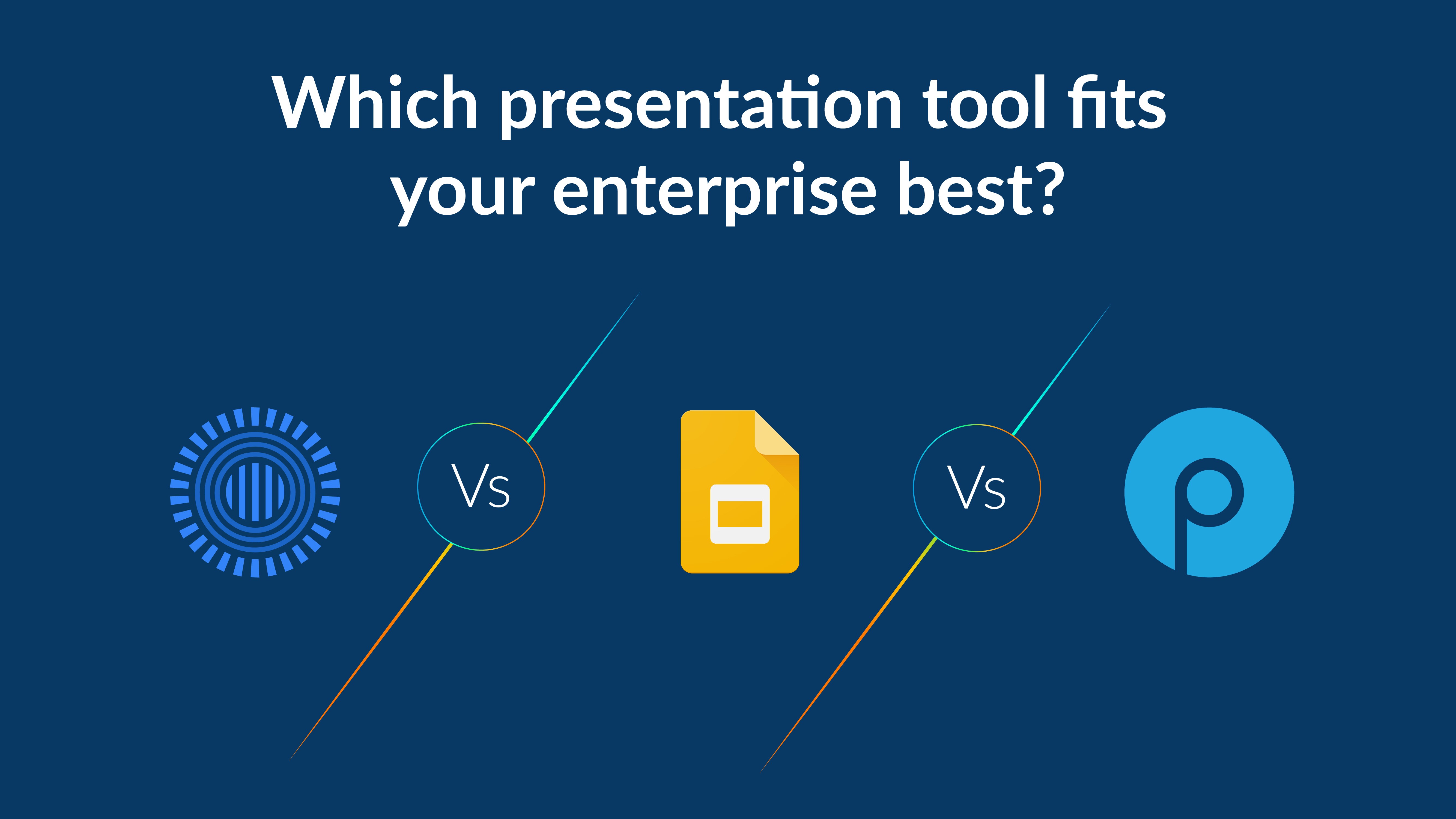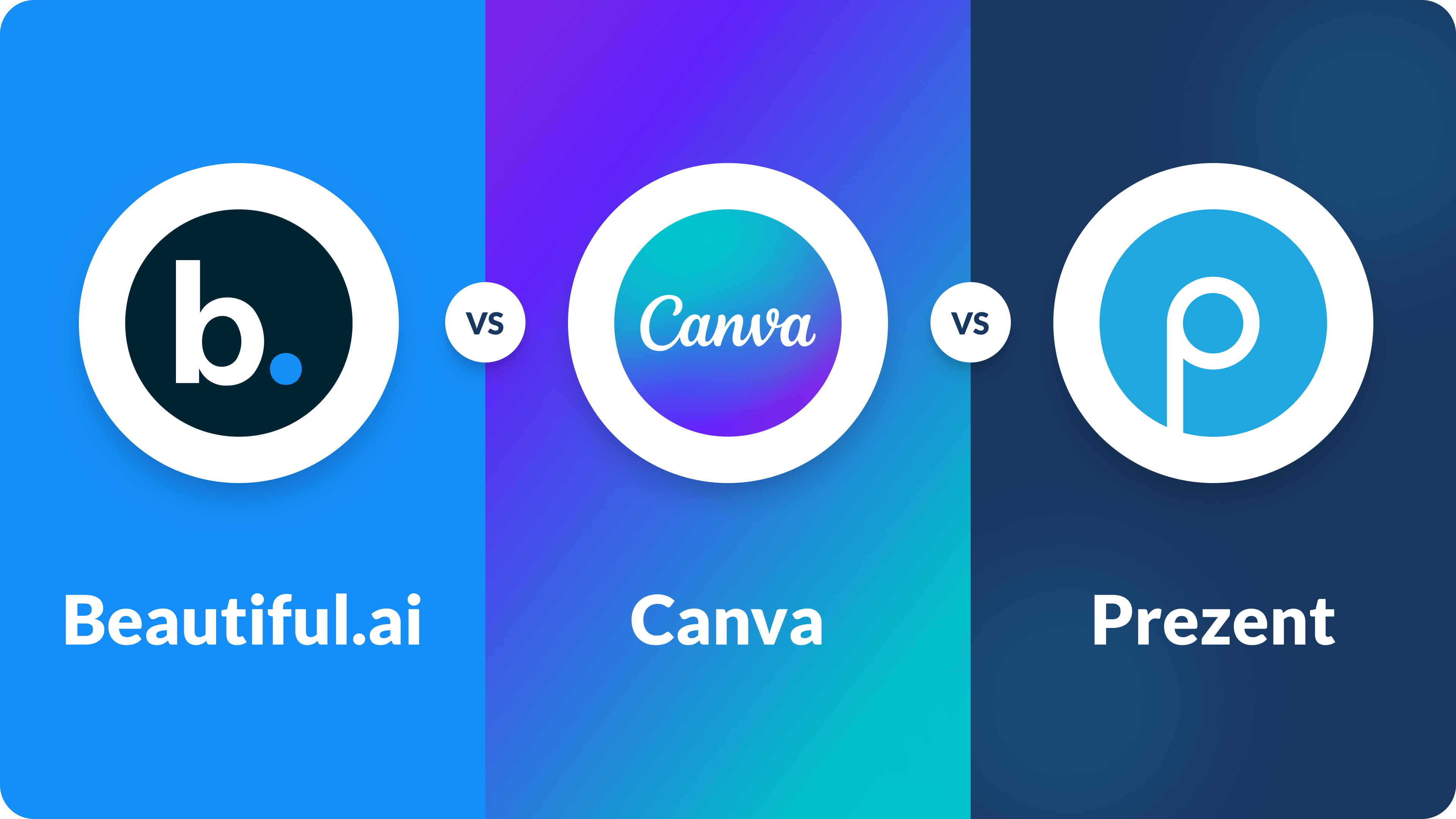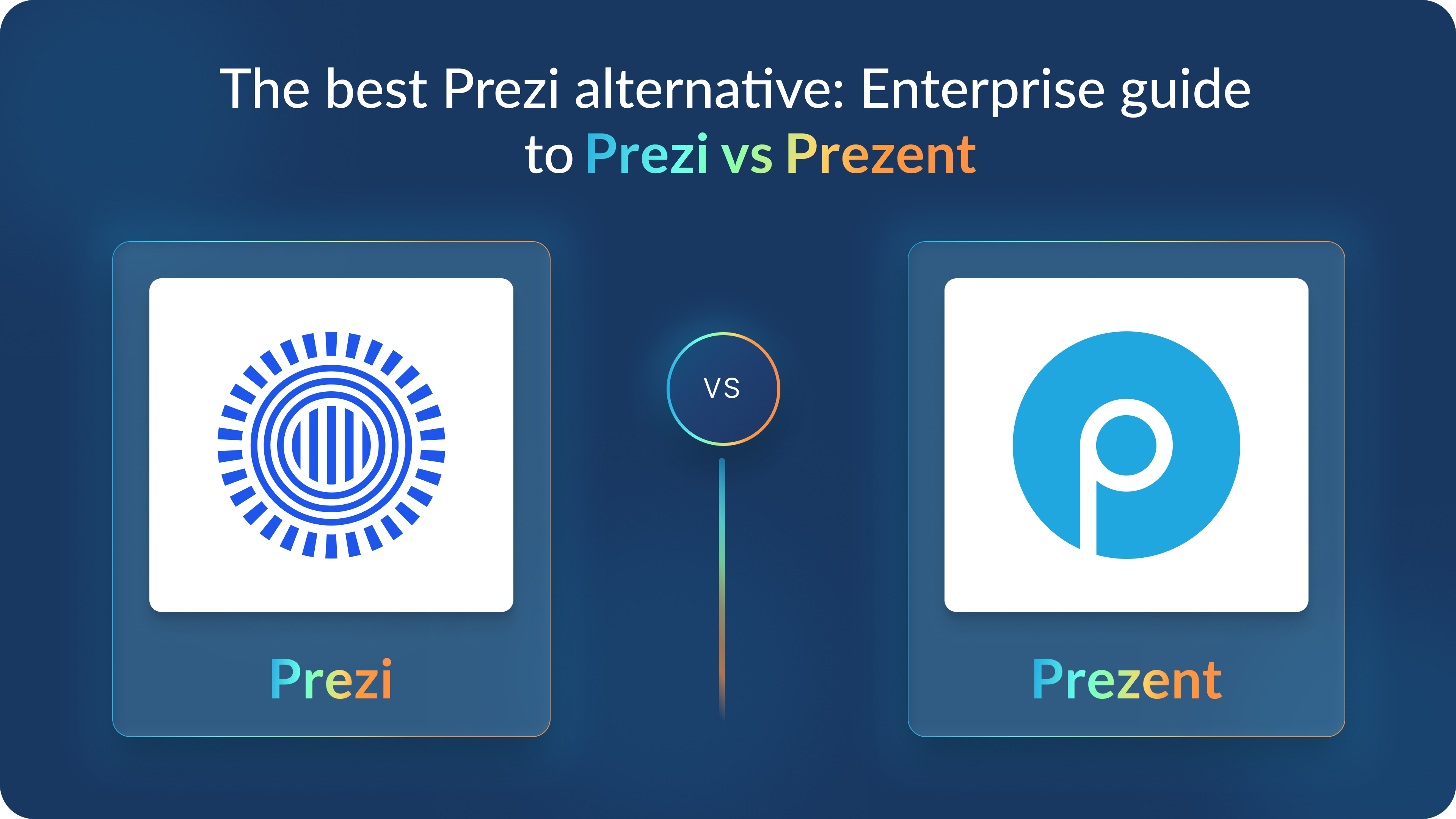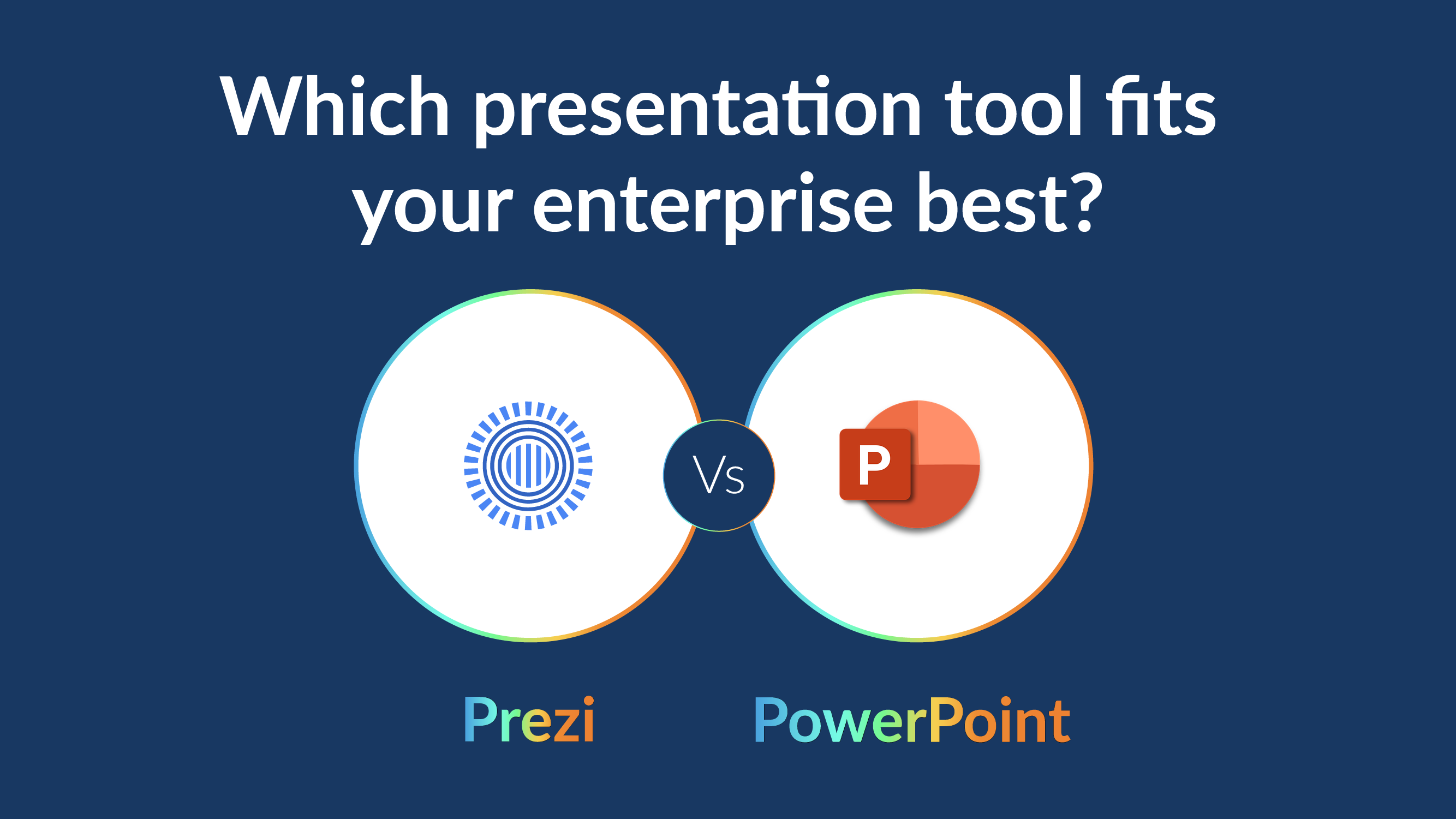100 interesting persuasive speech topics to amaze your audience

Crafting a compelling, persuasive speech is both an art and a science. It’s about weaving words that don’t just inform but also influence, inspire, and ignite action. Whether you’re addressing a room full of tech enthusiasts or presenting a groundbreaking idea to a boardroom, choosing the right topic can captivate your audience and leave a lasting impact. In this comprehensive guide, we'll explore 100 intriguing persuasive speech topics, break down the anatomy of a compelling argument, and offer practical insights to transform your ideas into powerful speeches that resonate.
What is a persuasive speech?
Let’s face it: public speaking can be intimidating. But a persuasive speech is your chance to shine, to convince your audience to see the world through your lens. It’s more than just presenting facts—it's about making your case with passion and persuasion, encouraging your audience to adopt your viewpoint or take specific actions.
Key elements of a persuasive speech:
- Thesis statement: This is your north star, guiding every point you make. Your thesis is the backbone of your argument, clearly stating your position.
- Facts and examples: These are your weapons of persuasion, providing the evidence and real-world context that bolster your thesis.
- Emotionally invested language: Craft your narrative to tug at heartstrings or spark excitement. Emotion can be as persuasive as logic.
- Counterarguments: Acknowledge the other side to show you've done your homework and to strengthen your position.
- Call to action: Conclude with a rallying cry that compels your audience to act—because persuasion is all about moving the needle.
In crafting a successful persuasive speech, the speaker must seamlessly integrate these components, ensuring that the message resonates with the audience and prompts them to think or act differently.
Persuasive speech vs informative speech
Not all speeches are created equal. Before diving into persuasive presentations, it's essential to distinguish between persuasive and informative speeches. Both types serve distinct purposes and employ different strategies to achieve their goals.
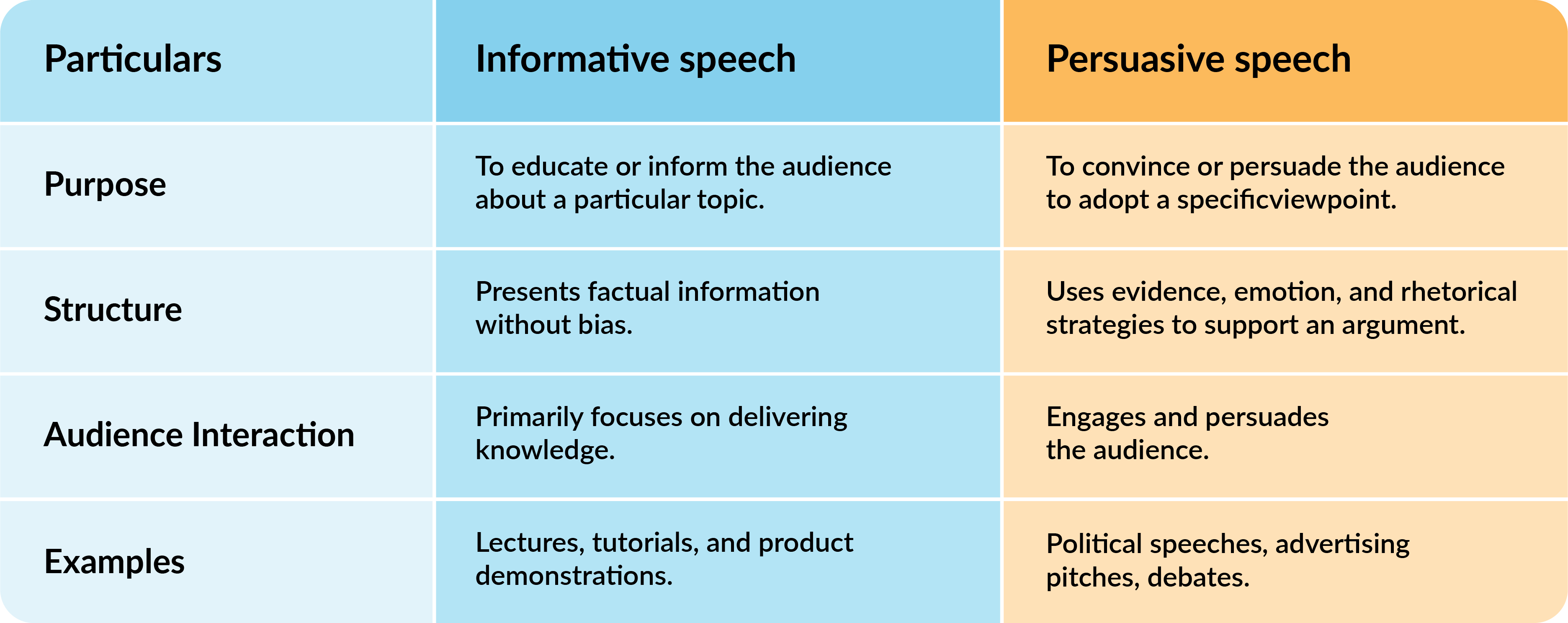
In essence, while an informative speech is designed to enlighten the audience, a persuasive speech aims to change the audience's perception or behavior. Understanding these differences is crucial in preparing for the speech and selecting a good persuasive speech topic.
What makes a good persuasive speech topic?
Choosing the right topic is the linchpin of any successful persuasive speech. It’s not just about selecting an interesting subject; it’s about crafting a narrative that captures your audience's imagination and aligns with your speaking goals. Here’s what makes a good persuasive speech topic:
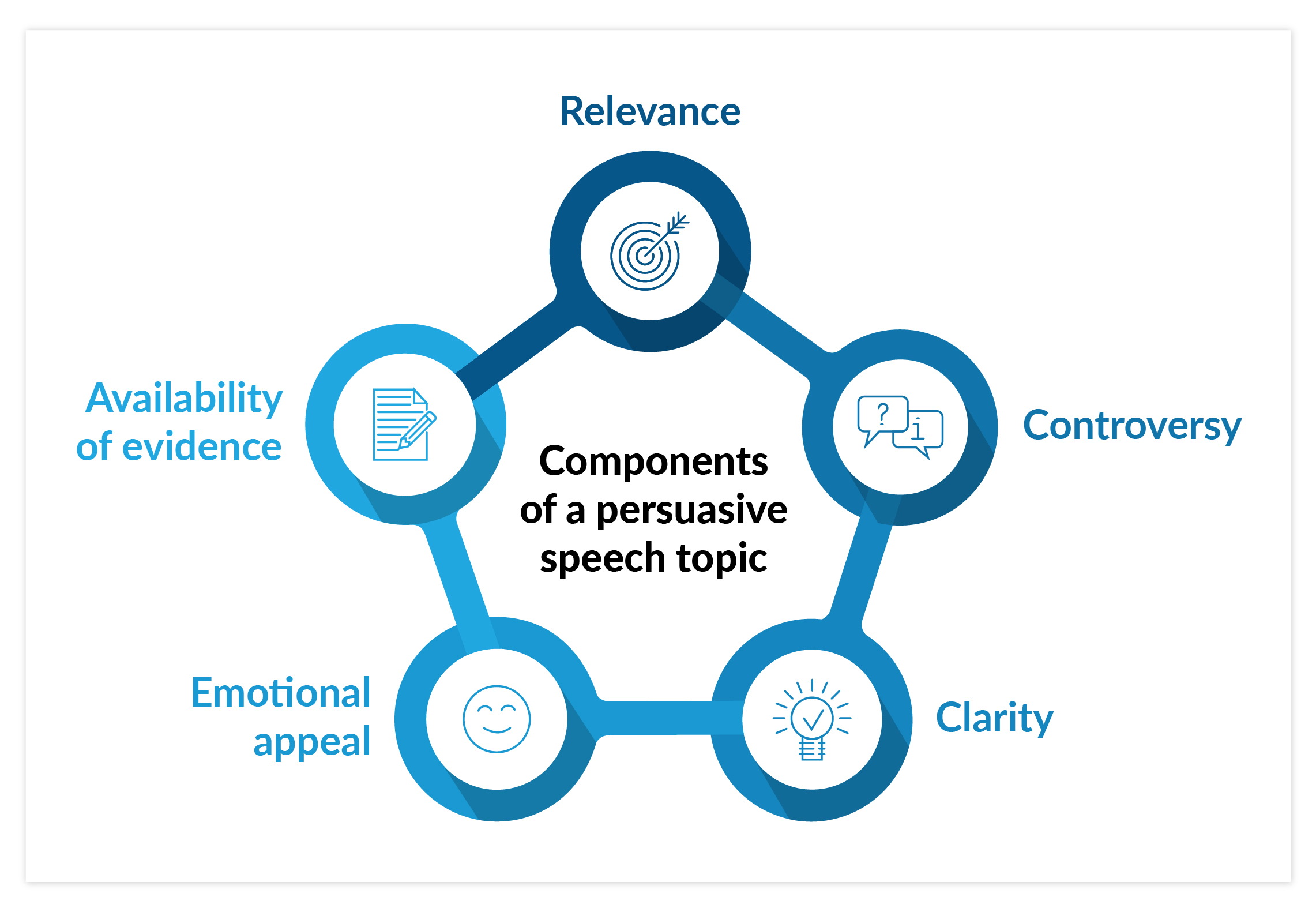
Relevance
Choosing a topic that resonates with your audience is crucial for a persuasive speech. Whether you're speaking at a business conference, a community event, or a college debate, your subject should be timely and pertinent to the occasion. Consider the current events, trends, and issues that are top of mind for your audience. For instance, a speech on climate change would be highly relevant if you’re addressing environmental activists, while a talk about the latest technological advancements might captivate a group of entrepreneurs.
Tips to ensure relevance:
- Know your audience: Understand their interests, values, and concerns. Tailor your topic to align with these factors.
- Stay current: Focus on topics that are in the news or trending on social media. A speech on a recent policy change or a viral movement can make your message more impactful.
- Connect personally: Share anecdotes or examples that relate directly to your audience's lives or experiences, making your speech more relatable and engaging.
Controversy
A compelling, persuasive speech often tackles controversial issues that provoke thought and discussion. Topics with multiple viewpoints can captivate your audience, encouraging them to consider different perspectives and engage in lively debate. Think of issues like gun control, healthcare reform, or social justice, where opinions vary widely and passions run high.
Why controversy works:
- Provokes curiosity: Controversial topics naturally draw attention, as people are often intrigued by arguments they haven't considered before.
- Encourages engagement: Audiences are more likely to participate in discussions or ask questions when the subject matter is debatable.
- Stimulates critical thinking: Presenting a topic with diverse viewpoints challenges the audience to think critically and form their own opinions.
Clarity
Clarity is king when it comes to persuasive speaking. Your topic should be specific and straightforward, allowing you to present a concise and focused argument. Avoid subjects that are overly complex or ambiguous, as they may confuse your audience and dilute your message.
How to maintain clarity:
- Define your thesis: Clearly state your main argument in one or two sentences. This will serve as your guiding light throughout the speech.
- Use simple language: Avoid jargon or technical terms that might be unfamiliar to your audience. Keep your language accessible and relatable.
- Break it down: Divide your argument into clear, manageable points. Use examples and analogies to explain complex ideas in a simple way.
Emotional appeal
Persuasive speeches often rely on emotional appeal to connect with the audience on a deeper level. Topics that evoke strong feelings or address long-standing social issues can be particularly impactful. Whether you're aiming to inspire hope, elicit empathy, or provoke outrage, tapping into your audience's emotions can be a powerful tool for persuasion.
Leveraging emotional appeal:
- Tell stories: Use personal anecdotes or case studies to illustrate your points. Stories are a great way to humanize your argument and make it more relatable.
- Appeal to values: Align your message with the core values and beliefs of your audience, whether it's justice, freedom, or compassion.
- Use vivid imagery: Paint a picture with your words, using descriptive language that evokes vivid mental images and feelings.
Availability of evidence
Your argument needs a backbone, and that backbone is evidence. Ensuring there is sufficient research and data available to back up your claims is crucial for making a convincing argument. A well-supported speech not only builds credibility but also makes it easier for your audience to trust and accept your viewpoint.
Building a strong argument:
- Research thoroughly: Gather data from reputable sources, such as academic journals, government reports, or expert opinions. Use this information to support your claims.
- Present data clearly: Use charts, graphs, or statistics to illustrate key points. Visual aids can help clarify complex information and make your argument more compelling.
- Address counterarguments: Anticipate opposing views and provide evidence to refute them. This demonstrates that you’ve done your homework and strengthens your position.
How to turn a topic into a persuasive speech topic?
Finding the right topic is just the beginning. To craft a persuasive speech that captivates and convinces, you'll need to transform your chosen topic into a compelling narrative. Here’s how to convert your ideas into a speech that resonates with your audience and stands out.
Choose a topic: Select a subject that interests you and your audience.
Define your viewpoint: Determine your position on the topic.
Research: Gather evidence and examples to support your argument.
Outline the main points: Identify the key points that will form the body of your speech.
Craft a thesis statement: Develop a clear and concise thesis statement that encapsulates your argument.
Engage your audience: Consider your audience's values and interests to create an emotionally invested speech.
By following these steps, you can craft a persuasive topic that aligns with your goals and captivates your audience.
Example 1
General topic: The benefits of exercise
Persuasive topic: Why regular exercise should be mandated in school curriculums to combat childhood obesity
Example 2
General topic: Artificial intelligence in the workplace
Persuasive topic: Why AI should be integrated into workplace operations to enhance productivity and innovation
Example 3
General topic: Effective business presentations
Persuasive topic: The importance of storytelling in business presentations for engaging audiences and driving decisions
Example 4
General topic: Telemedicine in healthcare
Persuasive topic: How telemedicine can revolutionize healthcare accessibility and improve patient outcomes
Example 5
General topic: Business communication skills
Persuasive topic: Why emotional intelligence should be a core component of business communication training
A list of 100 interesting persuasive speech topics
Choosing the right persuasive speech topic is crucial to engaging and captivating your audience. Whether you're speaking at a conference, a classroom, or a corporate event, the right topic can make all the difference in delivering a memorable speech that persuades and inspires action.
AI (artificial intelligence)
- The role of AI in shaping the future of work.
- How AI can enhance healthcare diagnostics and treatment.
- The ethical challenges of AI in decision-making processes.
- Why AI should be integrated into education systems.
- The impact of AI on creative industries and innovation.
- How AI is revolutionizing customer service experiences.
- The benefits of AI in managing and analyzing big data.
- Why AI safety should be a global priority.
- The potential of AI in advancing environmental conservation.
- How AI can improve accessibility for people with disabilities.
Business communication
- The importance of clear communication in business success.
- How cultural awareness can enhance international business relations.
- The role of technology in modern business communication.
- Why employee feedback is crucial for organizational growth.
- The benefits of team collaboration and communication tools.
- How nonverbal communication impacts business interactions.
- The importance of active listening in business negotiations.
- Why transparency should be a core business communication value.
- The impact of poor communication on business reputation.
- How effective communication can drive customer satisfaction?
Science & technology
- The ethical considerations of genetic engineering.
- How space exploration contributes to scientific advancements.
- The impact of climate science on policy-making.
- Why renewable energy is essential for a sustainable future.
- The role of technology in advancing medical research.
- How artificial intelligence can improve public safety.
- The benefits of biotechnology in agriculture.
- The importance of data privacy in the digital age.
- How nanotechnology is revolutionizing various industries.
- The impact of robotics on manufacturing processes.
Pharma & health
- The benefits of a plant-based diet for overall health.
- How mental health awareness can reduce stigma and improve treatment.
- The role of exercise in preventing chronic diseases.
- Why vaccination should be mandatory for all children.
- The impact of sleep deprivation on cognitive function.
- How stress management techniques can improve quality of life.
- The importance of regular health screenings and check-ups.
- The benefits of meditation and mindfulness practices.
- The need for comprehensive sex education in schools.
- How diet and nutrition affect mental health.
Branding
- The importance of branding in building consumer trust.
- How personal branding can boost professional success.
- The role of brand identity in market differentiation.
- Why consistent branding is essential for business growth.
- The impact of brand loyalty on business revenue.
- How storytelling can enhance brand perception.
- The benefits of rebranding for business reinvention.
- Why brands should prioritize social responsibility.
- The influence of branding on consumer buying decisions.
- How brand partnerships can expand market reach.
Insurance
- The need for universal health insurance: Is it time for change?
- How insurance companies can adapt to climate change risks.
- Why car insurance should be mandatory for all drivers.
- The role of technology in transforming the insurance industry.
- How insurance companies can better serve low-income families.
- The importance of transparency in health insurance policies.
- Why pet insurance should be a priority for pet owners.
- The impact of natural disasters on the insurance market.
- How life insurance can provide financial security for families.
- The benefits of offering insurance discounts for healthy lifestyles.
Retail
- How online shopping is changing the retail landscape?
- The role of branding in retail success: A case for consistency.
- Why sustainable practices should be a retail industry standard.
- The impact of social media on retail consumer behavior.
- How technology is enhancing the retail customer experience.
- The importance of supporting local retailers in a global economy.
- How data analytics is revolutionizing retail strategies.
- The benefits of implementing contactless payment systems in retail.
- Why retail employees deserve better compensation and benefits.
- The role of retail in shaping consumer culture and trends.
Finance
- The importance of financial education in schools.
- How credit scores affect financial opportunities.
- The role of budgeting in achieving financial stability.
- Why investing in stocks can build long-term wealth.
- The benefits of saving for retirement early.
- How cryptocurrency is changing the financial landscape.
- The impact of debt on personal financial health.
- Why emergency funds are essential for financial security.
- The role of financial planning in achieving life goals.
- How interest rates influence economic growth.
Business and economy
- The benefits of supporting small businesses in local communities.
- How corporate social responsibility can drive business success.
- The impact of globalization on local economies.
- Why ethical practices are essential in business operations.
- The role of innovation in maintaining a competitive edge.
- How entrepreneurship can stimulate economic growth.
- The importance of diversity and inclusion in the workplace.
- The benefits of remote work for businesses and employees.
- How the gig economy is reshaping the labor market.
- The impact of financial literacy on personal wealth.
Miscellaneous
- The ethical implications of artificial intelligence in daily life.
- How social media affects mental health and society.
- The role of technology in improving healthcare outcomes.
- Why cybersecurity should be a top priority for businesses.
- The impact of automation on the job market and employment.
- The benefits of virtual reality in education and training.
- How blockchain technology is revolutionizing financial transactions.
- The influence of technology on modern communication.
- The importance of digital literacy in the 21st century.
- The future of remote work and its impact on productivity.
Crafting your persuasive speech
With this comprehensive list of persuasive speech topics, you have a wealth of ideas to inspire your next presentation. As you begin writing a persuasive speech, keep in mind the importance of understanding your audience and tailoring your message to resonate with them.
Steps to write a persuasive speech:
- Choose a topic: Select a topic that interests you and your audience.
- Research: Gather evidence and examples to support your argument.
- Outline: Organize your main points and supporting details.
- Write: Start writing your speech with a strong thesis statement and a clear structure.
- Revise: Edit and refine your speech for clarity and impact.
- Practice: Rehearse your speech to ensure a confident and engaging delivery.
Tips for delivering a persuasive presentation:
- Engage your audience: Use storytelling and relatable examples to connect with your listeners.
- Use visual aids: Enhance your speech with visuals that support your message.
- Vary your tone and pace: Keep your audience engaged by varying your speaking style.
- Address counterarguments: Strengthen your argument by acknowledging and refuting opposing views.
- End with a call to action: Encourage your audience to take specific steps based on your speech.
By following these guidelines and exploring the list of topics, you can craft a persuasive speech that captivates your audience and leaves a lasting impression.
Frequently asked questions (FAQs)
1. What are some examples of great persuasive speech topics for high school students?
High school students can benefit from engaging with a variety of persuasive speech ideas. Examples include discussing the impact of school uniforms on student performance, the benefits of a longer lunch break, or the need for mental health resources in schools. These topics are designed to resonate with students and address relevant issues in their daily lives.
2. How can I choose a perfect persuasive speech topic for college admissions?
To select a perfect topic for your persuasive speech in a college admissions context, consider issues that highlight your unique perspective and skills. Topics like the importance of financial literacy education, the role of technology in enhancing learning, or the benefits of community service can demonstrate your critical thinking and persuasive skills, making your speech stand out.
3. What makes a persuasive speech effective?
An effective persuasive speech requires a clear thesis, compelling evidence, and an emotional appeal. Start with a strong thesis statement to guide your argument, provide solid facts and examples to support your claims, and use emotionally invested language to connect with your audience. Additionally, addressing counterarguments and concluding with a strong call to action can significantly enhance the impact of your speech.
4. How can I develop easy persuasive speech topics for a class presentation?
To develop easy persuasive speech topics for a class presentation, focus on subjects that are straightforward and relevant to your audience. Examples include arguing for healthier school lunch options, the benefits of extracurricular activities, or the importance of recycling. These topics are not only accessible but also engage your audience by addressing familiar and relatable issues.
5. What strategies can help in creating a great persuasive speech that impresses your audience?
To create a great persuasive speech that impresses your audience, start by understanding their interests and concerns. Choose a topic that is both relevant and engaging. Structure your speech with a clear thesis, solid evidence, and emotional appeal. Incorporate personal anecdotes or vivid imagery to make your message more relatable and memorable. Lastly, practice your delivery to ensure confidence and effectiveness throughout your speech.
How Prezent can help with persuasive speech topics
Crafting an engaging and persuasive speech topic is a pivotal step in the art of public speaking. It requires not only creativity but also a structured approach to ensure your ideas resonate with your audience. Prezent offers a variety of features that can significantly enhance your process of selecting and developing persuasive speech topics. Let's explore how Prezent.ai can help you ace your next speech:
Fast decks for efficient topic development
- Instant decks and templates: Prezent provides a range of pre-designed templates and presentation decks that can serve as inspiration for your speech topics. These templates can help you quickly organize your thoughts and ideas, allowing you to structure your persuasive argument effectively.
- Customizable themes: With customizable themes, you can tailor your presentation to fit the tone and style of your speech. Whether you're aiming for a professional look or a more creative approach, Prezent's themes help you visualize your topic, making it more engaging and memorable.
Storyline approach for structuring ideas
- Structured storylines: Prezent offers a library of storylines that guide you in crafting a coherent and persuasive narrative. These storylines are designed to help you structure your speech topic logically, ensuring your argument flows seamlessly from introduction to conclusion.
- Industry-specific content: The platform provides access to a wide array of industry-specific content, helping you gather relevant information and insights to support your topic. This feature is particularly useful for crafting persuasive speeches that require in-depth knowledge and evidence.
Team collaboration for idea refinement
Prezent's collaboration features enable you to work with colleagues or mentors to refine your speech topic. You can gather feedback, share ideas, and make edits in real-time, ensuring your topic is polished and well-developed before delivery.
AI-driven content suggestions
Prezent leverages AI technology to provide content suggestions tailored to your specific needs. This feature can help you identify compelling angles for your speech topics, ensuring they resonate with your audience and are relevant to current trends.
Audience insight
Prezent offers tools to analyze and understand your target audience better. Knowing who you are speaking to can influence the choice of your topic.
Prezent is more than just presentation software; it is a comprehensive tool that supports every step of developing and delivering a persuasive speech topic. From structuring your ideas to enhancing visual appeal and fostering collaboration, Prezent offers features that empower you to create compelling, well-organized presentations that captivate and persuade your audience. Sign up for a free trial or book an expert demo to see how Prezent works.
.avif)


